Publications
Articles, publications, books, tools and multimedia features from the U.S. Institute of Peace provide the latest news, analysis, research findings, practitioner guides and reports, all related to the conflict zones and issues that are at the center of the Institute’s work to prevent and reduce violent conflict.
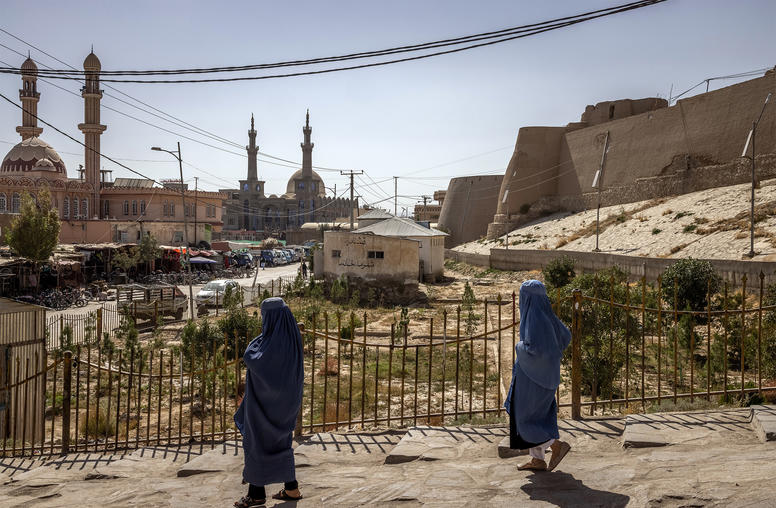
How the Taliban Enables Violence Against Women
In just 28 months, the Taliban have dismantled Afghan women’s and girls’ rights — imposing draconian restrictions regarding their education, employment and freedom of movement. Any perceived violation of these oppressive policies is often met with harassment, intimidation, and verbal and physical abuse orchestrated by the Taliban’s Ministry of Vice and Virtue. And when women are detained by authorities, they have been subjected to cruel treatment, including torture.
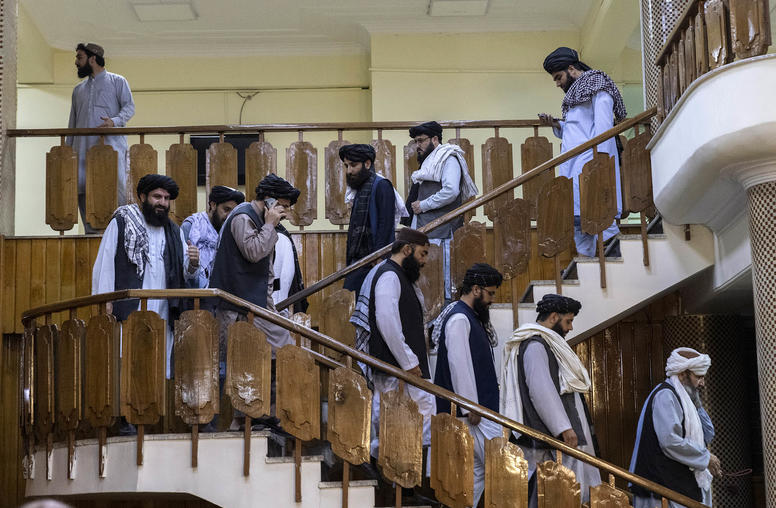
What’s Next for the Taliban’s Leadership Amid Rising Dissent?
Since their takeover of Afghanistan in August 2021, the Taliban have moved to restrict social freedoms, with a persistent focus on the rights of women and girls. Two edicts issued in December 2022, indefinitely banning Afghan women from attending universities and prohibiting working in NGO offices, constitute the most extreme restrictions yet — orders that were expanded this week to apply to women working for the U.N. as well.
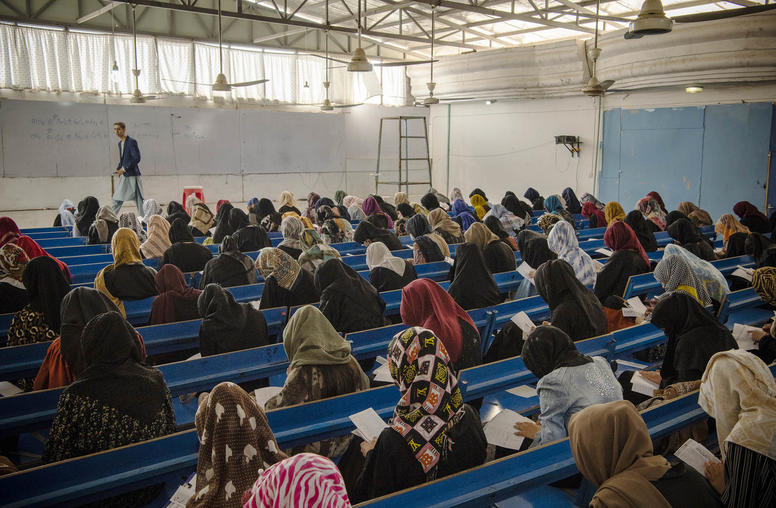
Taking a Terrible Toll: The Taliban’s Education Ban
Last month, a year after the Taliban banned Afghan girls from receiving secondary education, another school year began in Afghanistan — the only country in the world where girls are prohibited from going to school beyond the primary level. Since the Taliban’s August 2021 takeover, the group has sought to marginalize women and girls and erase them from virtually every aspect of public life. After a March 2022 ban on high school education, the Taliban also barred women from attending university at the end of last year. In a series of interviews with USIP, Afghan mothers, female students, schoolteachers, and university lecturers spoke of the terrible toll the Taliban’s actions have taken on their mental health.
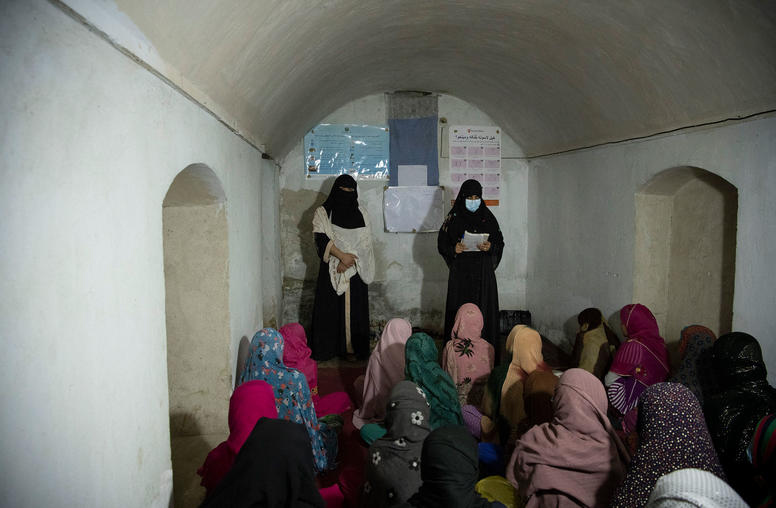
U.N. Conference Highlights Global Unity but Limited Leverage Over the Taliban
Over a year and a half since the Taliban’s takeover of Afghanistan, not a single country has recognized its government. Yet, it has resulted in no change in Taliban behavior. The worst predictions of what Taliban rule could be like have come true, as the regime has implemented unprecedented restrictions on women amid a brutal humanitarian crisis. The situation is so bad that U.N. Secretary-General António Guterres convened a special conference in Doha, Qatar this week — with no Taliban representation — to discuss Afghanistan’s international isolation. While there were no tangible outcomes — evidence of how limited the international community’s leverage really is — it did demonstrate remarkable consensus on the imperative to help the Afghan people.
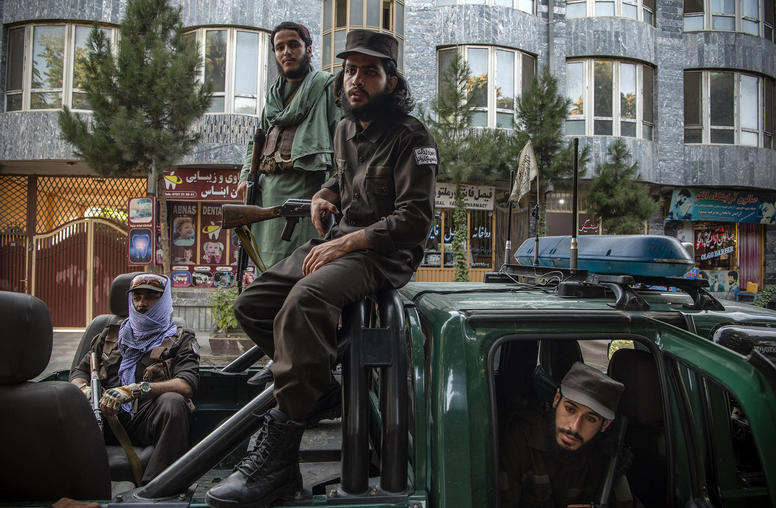
Afghanistan’s Crisis Requires a Coherent, Coordinated International Response
Over the past year, especially in recent months, the Taliban have made several missteps. The consequences are not a threat to their power in the short run but will damage their ability to govern as well as, potentially, their longer-term cohesion. Unfortunately, these missteps will harm the Afghan people much more, both directly and through their adverse impact on humanitarian aid.
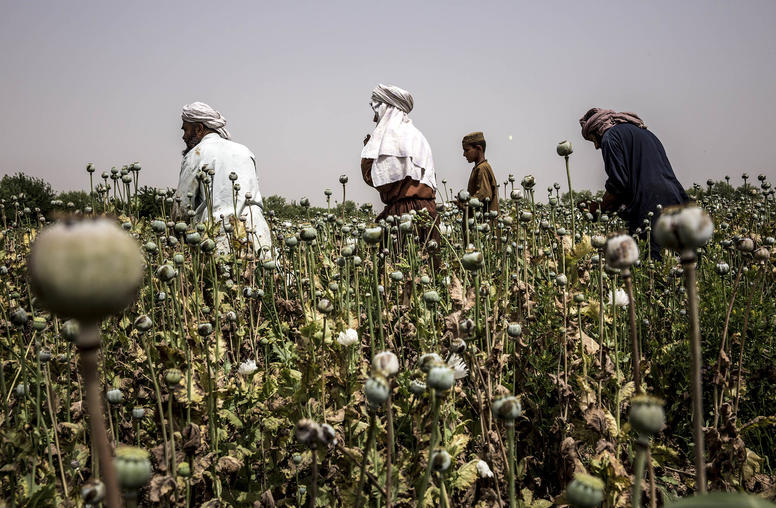
The Taliban’s Successful Opium Ban is Bad for Afghans and the World
The Taliban have done it again: implementing a nearly complete ban against cultivation of opium poppy — Afghanistan’s most important agricultural product — repeating their similarly successful 2000-2001 prohibition on the crop. But the temptation to view the current ban in an overly positive light — as an important global counter-narcotics victory — must be avoided. This is particularly true given the state of Afghanistan’s economy and the country’s humanitarian situation. Indeed, the ban imposes huge economic and humanitarian costs on Afghans and it is likely to further stimulate an outflow of refugees. It may even result in internal challenges for the Taliban itself. And, in the long run, it will not have lasting counter-narcotics benefits within Afghanistan or globally.
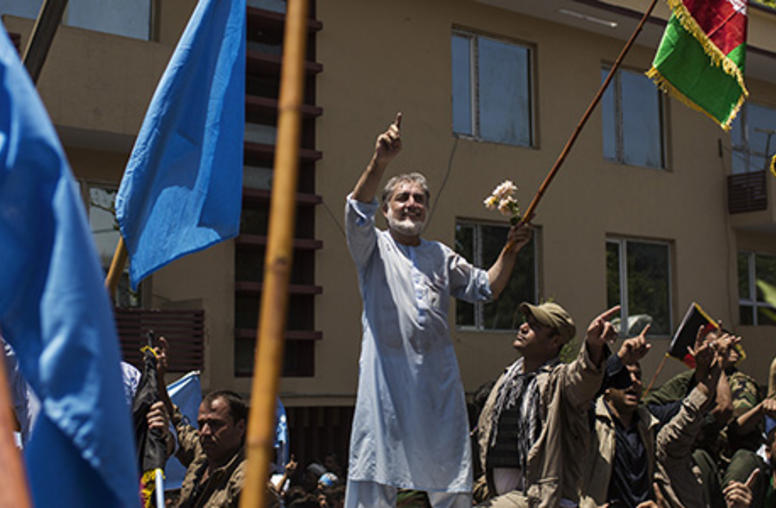
Afghans Still Enthusiastic About Vote
After the first round of voting in the presidential race in Afghanistan, where over 7 million Afghans went to the polls on April 5, 2014, a handful of political pundits and interest groups urged the two leading candidates, Dr. Abdullah Abdullah and Dr. Ashraf Ghani Ahmadzai, to make a deal to avoid a second round scheduled for June 14. President Karzai played an active role in brokering between the candidates and the political elite. A range of arguments were put forth on behalf of such a dea...
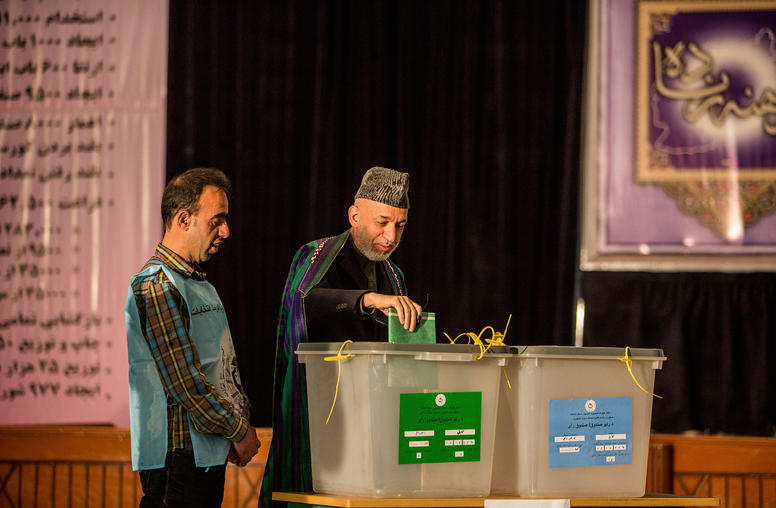
Karzai: What Will History Say?
Years of suspicion and acrimony between the U.S. and Afghanistan’s President Hamid Karzai likely will give way to a more generous reading of his tenure in the history books, according to a former United Nations official and a retired American general who led international forces there.

The Crowd Who Would Be King
Technology is connecting people all over the world, giving them new power and a stronger voice. But is it making government any better?
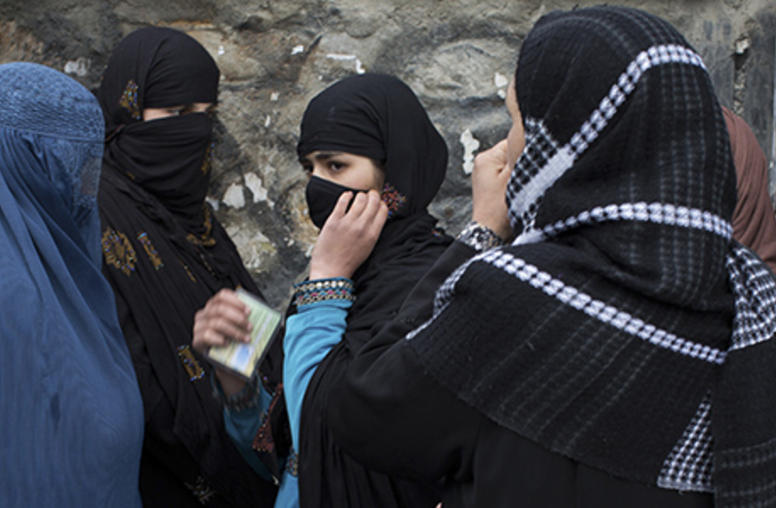
Q&A: The Future of Justice for Women in Afghanistan
The risk of backsliding in the status of women in Afghanistan after 12 years of significant strides is one of the biggest question marks surrounding the country's prospects amid the drawdown of the U.S.-led military coalition. Tim Luccaro, who has worked on traditional dispute resolution, women's access to justice and nonviolent conflict resolution in Afghanistan since 2010, considers what steps will be needed to secure the gains that have been made.